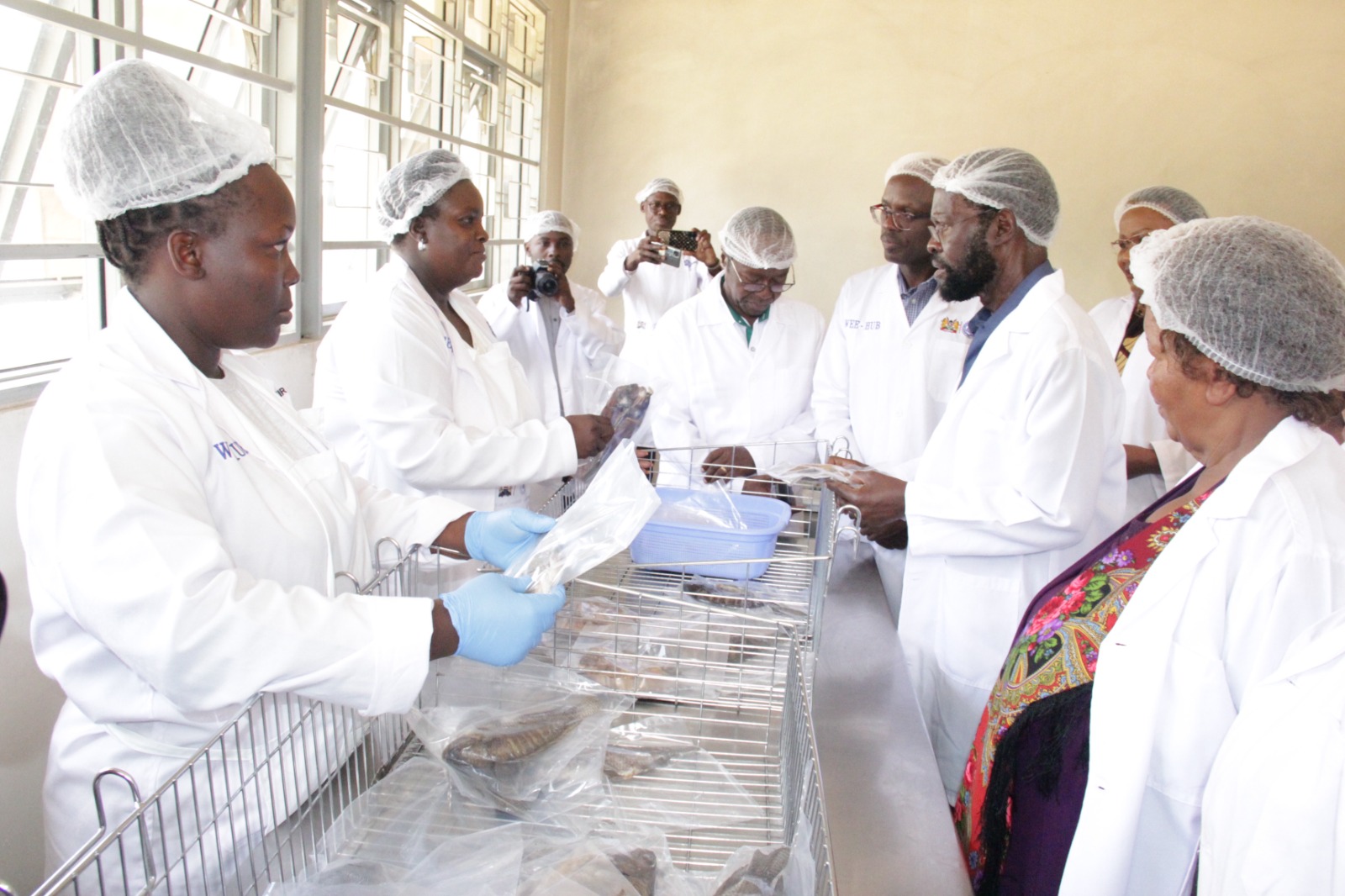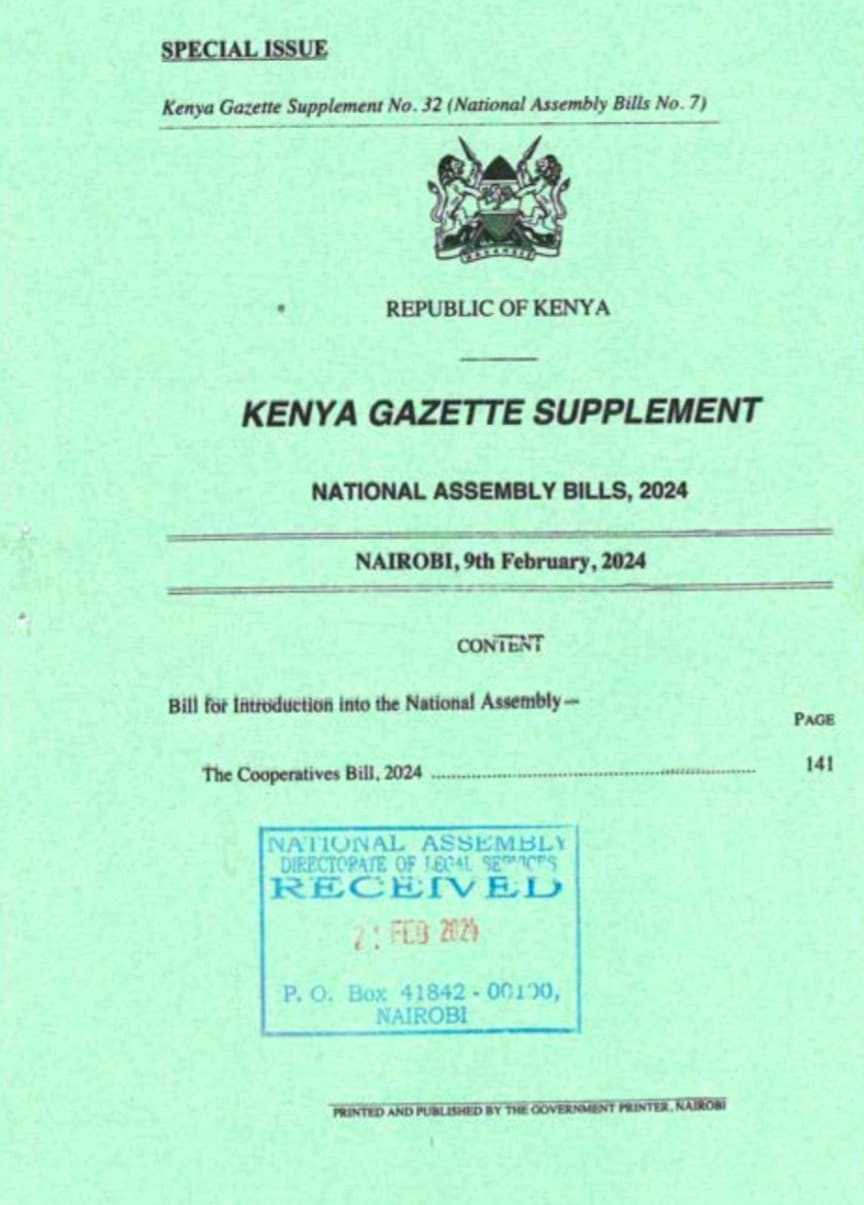The Kenya Industrial Research and Development Institute (KIRDI) has entered into a partnership with the University of Nairobi (UoN) to train women fish traders on value addition and preservation.
KIRDI head of food technology research Gitutu Nyambane said the training targets to build the women’s capacity to use food processing technology to preserve fish in order to reach a wider market.
The fish targeted include Tilapia, Nile Perch, marbled lungfish and sardines (omena) where various techniques are applied to prolong their shelf life.
The women were taken through fish drying, deep frying techniques, and packaging to appeal to new markets as its demand continues to rise.
“We are applying the technology of food processing so that they can store these products for longer to reach a wider market,” she said.
The project, she said, begins with women in Kisumu and Busia counties, with the beneficiaries expected to cascade the knowledge to other women in their respective counties.
Speaking in Kisumu during the closing ceremony of the first cohort of the training, Nyambane disclosed that the techniques have been successful around the world.
“This technology is not new. It has been in existence but has never been tried locally,” she said.
“As an institution we not only do training and capacity building but we also provide adequate manufacturing spaces for startups,” she added.
UoN’s Women Economic Empowerment (WEE) Hub director of research Dr. Mary Mbithi said the project aims to boost earnings for women along the fish value chain.
Through processing and packaging fish in hygienic conditions, the women are set to attract new markets; with KEBS certification unlocking avenues for them to sell the products in supermarkets locally and across borders.
The WEE Hub, she disclosed, has developed an incubation model where women from different sectors of the economy are mentored, trained and supported to use resources at their disposal, add value and increase their income.
“We are looking at different programmes and how women can access funds to enhance their participation in the economy,” she said.
Veronica Makokha, one of the beneficiaries from Busia County, said the training was an eye opener as they will reap big from their ventures.
“We have been processing our fish in unhygienic conditions and in the process contaminating it, leading to massive losses,” she said.
Fredrick Odiero
Get More Stories from our Website Sacco Review Newspaper
You can also follow our social media pages on Facebook Sacco Review Newspaper for timely updates.


